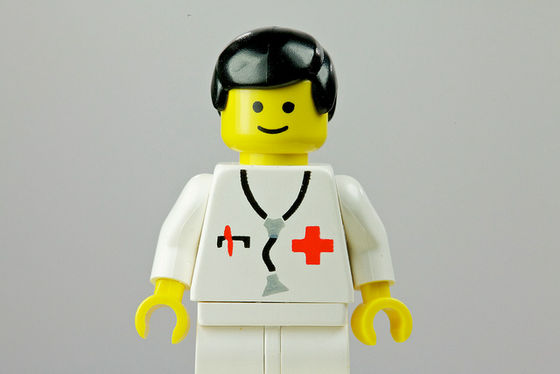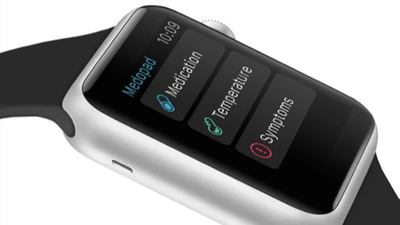Allow artificial intelligence to predict "when a patient will die"

ByNEC Corporation of America
The artificial intelligence (AI) related technology which has become active in various fields shows its potential also in the medical field, and the deep learning technology developed by Google isExceeding specialists in early detection of eye diseases accompanying diabetesWe show results that exceed human beings as soon as possible. Meanwhile, research that predicts the probability of heart disease due to machine learning of patient's data on AI has been attracting great attention.
Artificial intelligence predicts when heart will fail - BBC News
http://www.bbc.com/news/health-38635871

A research team at the British National Institute of Medical Research conducts an effort to investigate "whether signs of deterioration in patient's organs are present" by letting AI analyze blood test results and heart rate. The study is an academic journal of radiation medicineRadiologyThe research team said, "With this technology it will be possible to find out where patients should actively treat early, which may lead to saving the patient's life." I will.
MRC London Institute of Medical SciencesResearchers were investigating patients with pulmonary hypertension, it became clear that approximately one-third of patients with heart injury due to pulmonary hypertension had died within 5 years . There are several methods of treatment for this condition, such as drug administration and lung transplantation, but the doctor needs to accurately grasp the patient's symptoms and select a treatment method.
It was AI and Machine Learning that I was able to see eyes at such time. We input MRI scan data and blood test results of the heart of 256 patients in AI. By measuring the heartbeat of each heart from about 30,000 places and entering the health status of the patient for 8 years, AI anticipates the abnormality of the patient and came out "when the patient dies". This AI can predict the symptoms up to 5 years later, and who is alive one year later can be accurately predicted with an accuracy of 80%. If the doctor makes the same prediction, the precision is about 60%, and it seems that AI can predict the patient's future accurately though it is partly.

ByJeff Eaton
Dr. Deklin Olegan, one of the people involved in the study, informed BBC News, "AI makes fine adjustments to the treatment of individual individuals, by taking the results of a number of different tests, The future symptoms that may occur can be accurately predicted, and the patient will be able to choose the most appropriate treatment method with less burden on the body. " The research team is now planning to verify the accuracy of AI for different patients at different hospitals and also thinks that prediction using AI may be effective even in other cardiac diseases such as cardiomyopathy It is said that it is.
Dr. Mike Napton of the British Heart Disease Support Fund evaluated that 'the use of AI like this will help doctors in the future to apply the correct treatment method to patients.' In addition, "The next step is to test this technology at more hospitals," commenting on expectation of introduction to the site.
Related Posts:
in Science, Posted by logu_ii







